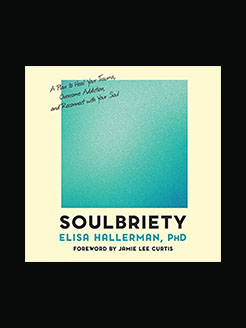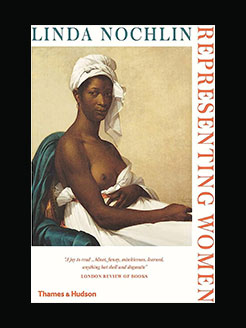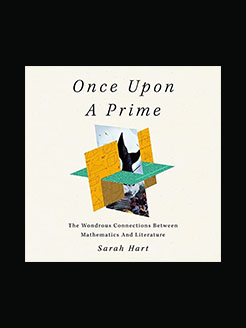Published in 2015 (first published 1988)
256 pages
Griselda Pollock is a visual theorist, cultural analyst and scholar of international, postcolonial feminist studies in the visual arts. Based in England, she is well known for her theoretical and methodological innovation, combined with readings of historical and contemporary art, film and cultural theory. She is professor of social and critical histories of art at the University of Leeds.
What is this book about?
The publication of Vision and Difference marked a milestone in the development of modern art history. Its introduction of a feminist perspective into this largely male-oriented discipline made shockwaves that are still felt forcefully today.
Drawing upon feminist cultural theory previously little applied to the visual arts, Griselda Pollock offers concrete historical analyses of key moments in the formation of modern culture to reveal the sexual politics at the heart of modernist art. Crucially, she not only provides a feminist re-reading of the work of canonical male Impressionist and Pre-Raphaelite artists including Edgar Degas and Dante Gabriel Rossetti, but also re-inserts into art history their female contemporaries – women artists such as Berthe Morisot and Mary Cassatt. Casting her critical eye over the contemporary art scene, Pollock discusses the work of women artists such as Mary Kelly and Yve Lomax, highlighting the problems of working in a culture where the feminine is still defined as the object of the male gaze.
Now published with a new introduction by Griselda Pollock, Vision and Difference remains as powerful and as essential reading as ever for all those seeking not only to understand the history of the feminine in art but also to develop new strategies for representation for the future.







